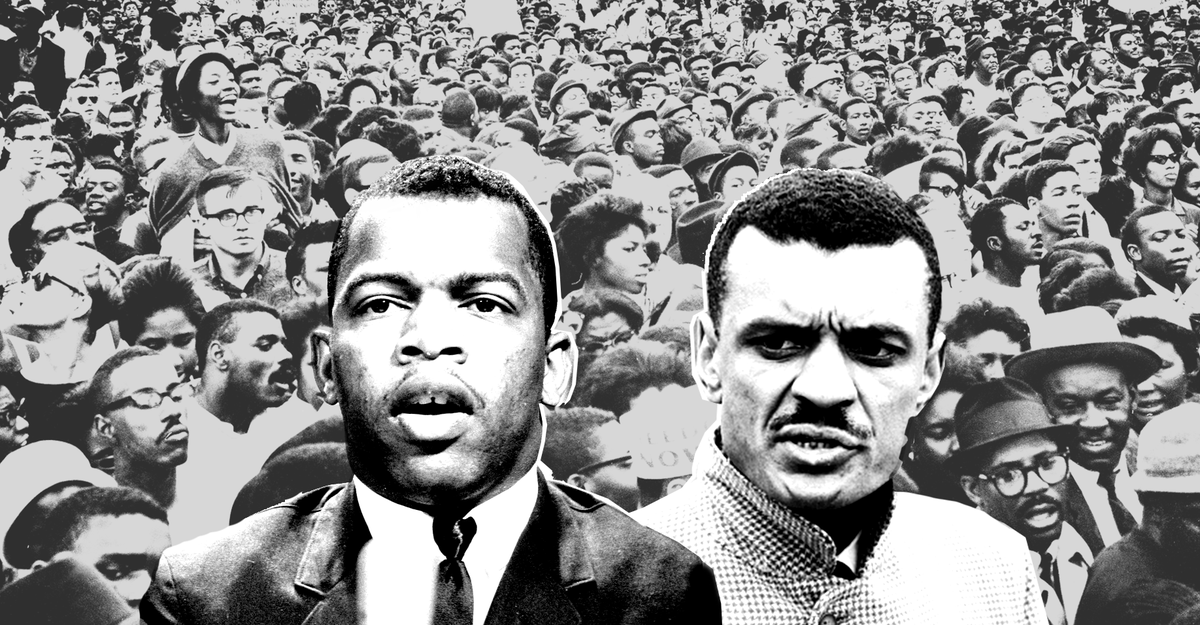Old Man Jingles
Rat out of a cage
Georgia's Beloved Congressman John Lewis Diagnosed With Pancreatic Cancer
Rep. John Lewis announced Sunday that he is battling Stage IV pancreatic cancer and will begin undergoing treatments. The cancer was discovered during a normal routine medical visit this month.
The 79-year-old congressman from Atlanta and civil rights icon said that he is prepared to fight.
“While I am clear-eyed about the prognosis, doctors have told me that recent medical advances have made this type of cancer treatable in many cases, that treatment options are no longer as debilitating as they once were, and that I have a fighting chance,” Lewis said Sunday.
“I have been in some kind of fight for freedom, equality, basic human rights — for nearly my entire life.”
Rep. John Lewis announced Sunday that he is battling Stage IV pancreatic cancer and will begin undergoing treatments. The cancer was discovered during a normal routine medical visit this month.
The 79-year-old congressman from Atlanta and civil rights icon said that he is prepared to fight.
“While I am clear-eyed about the prognosis, doctors have told me that recent medical advances have made this type of cancer treatable in many cases, that treatment options are no longer as debilitating as they once were, and that I have a fighting chance,” Lewis said Sunday.
“I have been in some kind of fight for freedom, equality, basic human rights — for nearly my entire life.”
.
.
.

